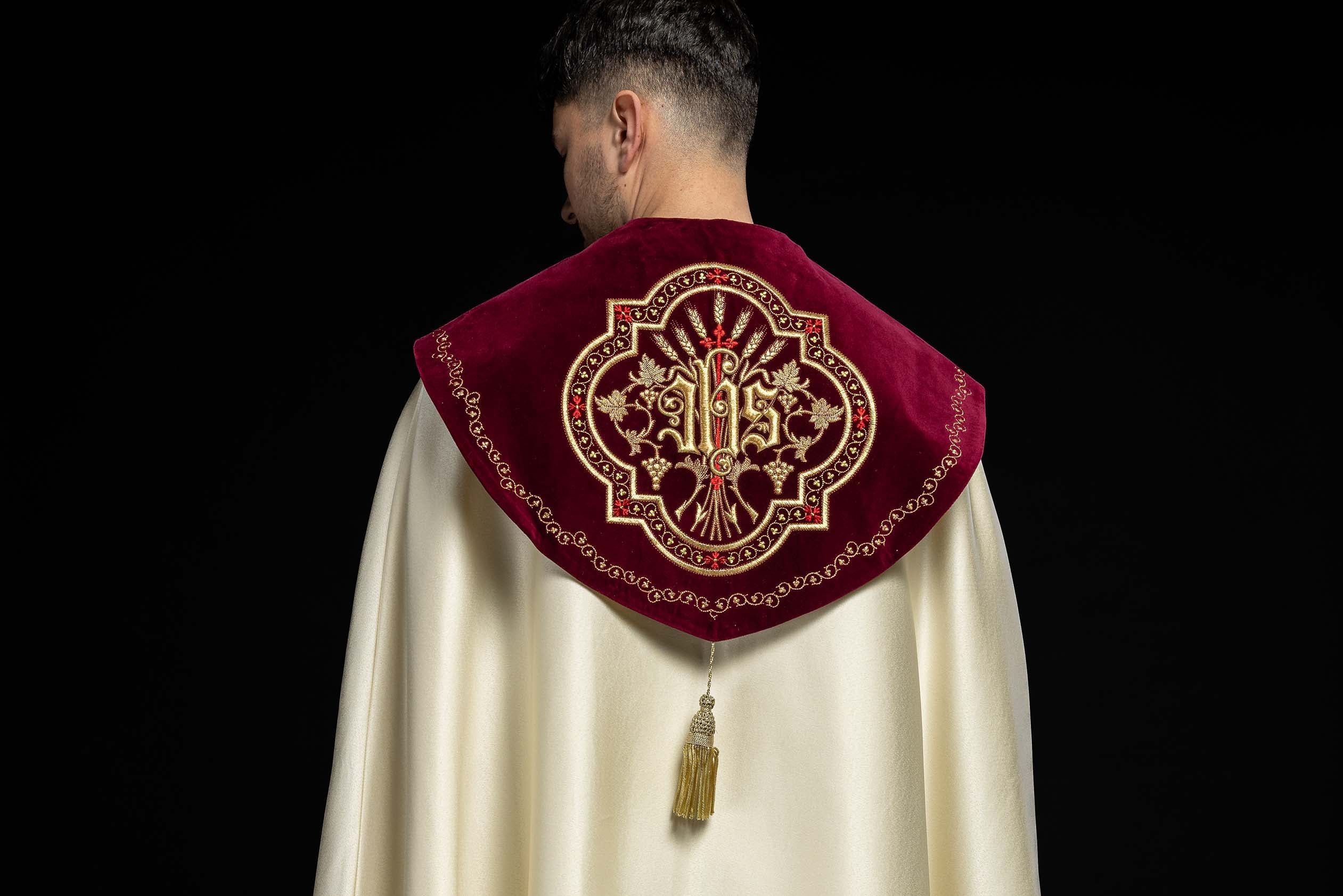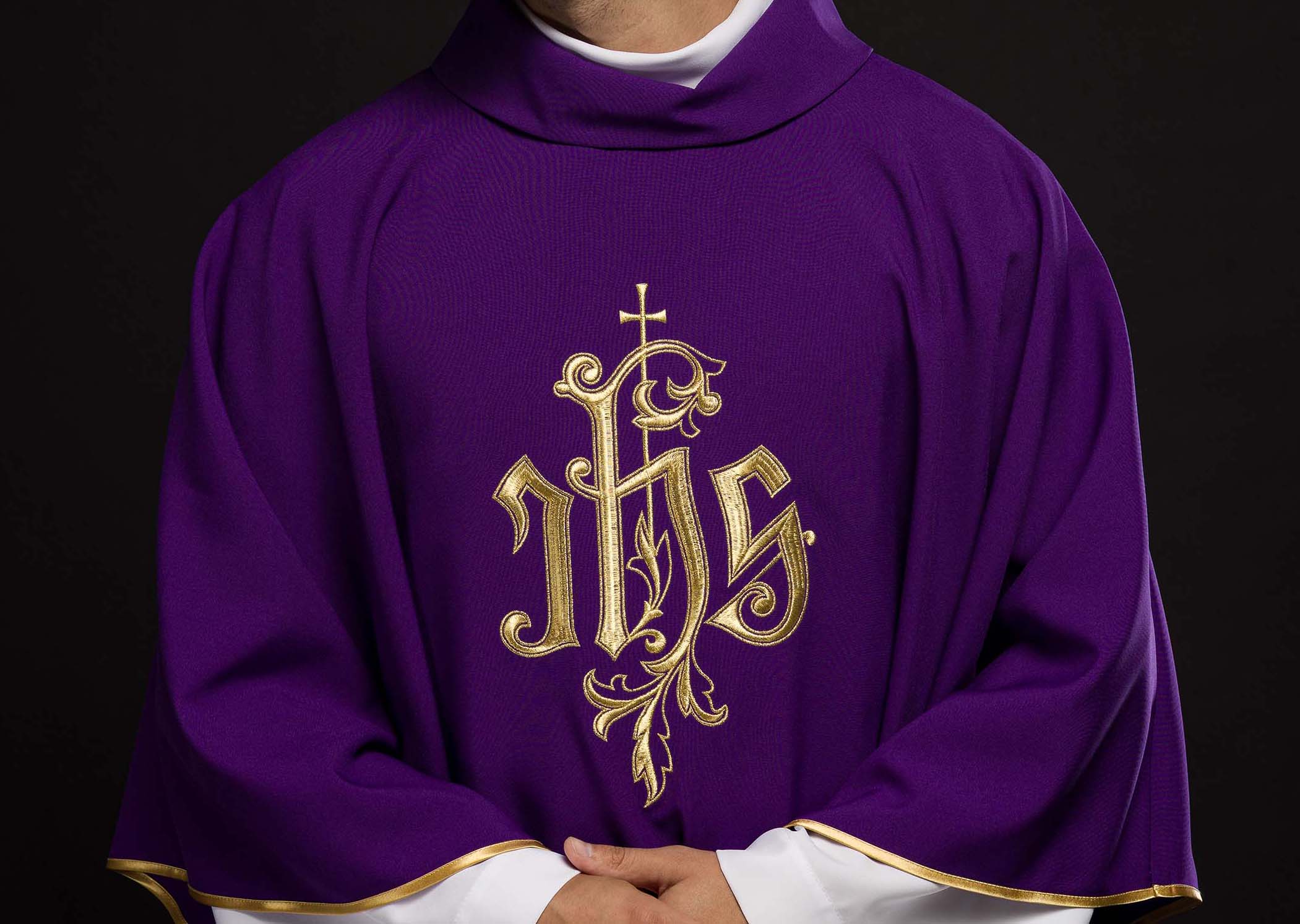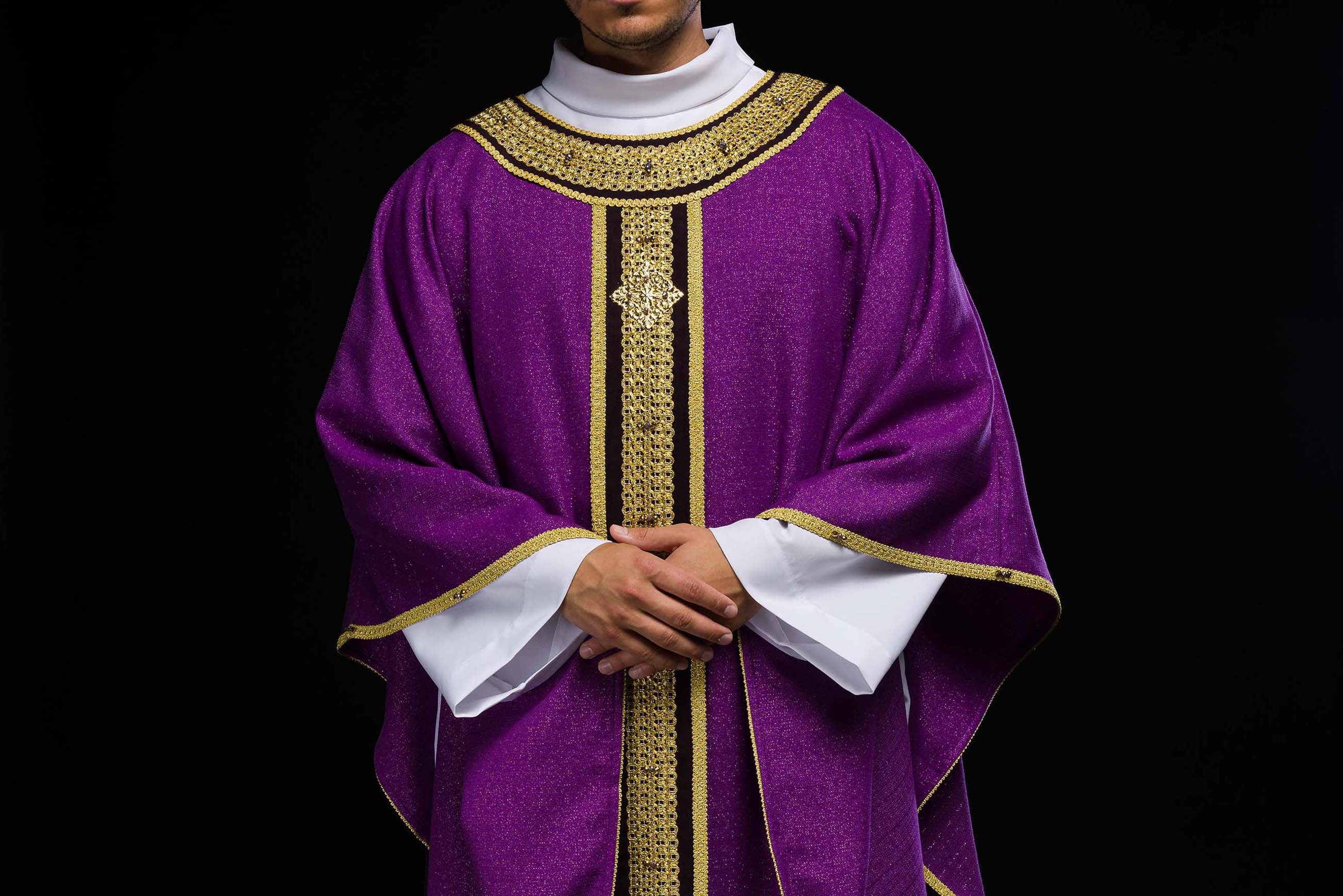
A Day in the Life of a Parish Priest
What Does a Day in the Life of a Parish Priest Look Like?
The life of a parish priest is an extraordinary symbiosis of deep spirituality, daily administrative duties, and constant care for the entrusted parish community. Although each priest's day may vary slightly depending on local needs and the specifics of the parish, certain elements of their schedule remain unchanged. Let's take a closer look at what a typical day in the life of a parish priest might look like, showcasing their multifaceted role in the Church and society.
Morning Hours: Prayer and Preparation for the Day
A parish priest's day usually begins early, often before sunrise. The first hours are devoted to personal and communal prayer. Lauds or the Office of Readings, followed by Mass celebrated in the morning, form the foundation of each priest's day. It is a time for quiet reflection, deepening the relationship with God, and asking for strength to fulfill their vocation. After prayers, it's time for a quick breakfast and planning the day.
When Does a Parish Priest Pray the Liturgy of the Hours?
The Liturgy of the Hours, the official prayers of the Church, is prayed by the parish priest throughout the day, dividing the individual parts among various activities. Often, the prayer of Lauds falls in the early morning, the prayer before meals is the Midday Prayer, and in the evening, Vespers or Compline are recited. Praying the Liturgy of the Hours is an expression of the Church's continuous prayer.
What Does a Priest Do Before Mass?
Before celebrating Mass, the priest has time for spiritual and physical preparation. This includes personal prayer, meditating on the Word of God, preparing the homily, and putting on liturgical vestments. Attention to proper preparation is crucial for the worthy celebration of the Holy Sacrifice.
Forenoon: Pastoral Ministry and Parish Matters
After morning Mass and praying the Liturgy of the Hours, the parish priest's actual work begins. The first part of the day often focuses on direct pastoral ministry and current parish matters.
Serving the Faithful in the Parish Office
The parish office is the administrative heart of the parish. The parish priest or designated parish staff handle formal matters, such as preparing baptismal, marriage, and death certificates, issuing confirmations, administering vows, and maintaining the parish chronicle. During this time, the parish priest often administers the sacrament of reconciliation, talks with the faithful, and provides spiritual guidance.
Meetings with Parish Groups and the Economic Council
The parish priest is the leader of the parish community. They regularly meet with various groups operating in the parish – from youth and oasis communities, through the choir, altar servers, to prayer groups and charitable organizations. An important element is also cooperation with the parish economic council, which helps in managing the finances and material goods of the community.
Visitations and Visits to the Sick
The parish priest, as the shepherd of the flock, has a duty to care for all the faithful, especially those in need. Often in the forenoon, visits take place to the elderly, sick, and lonely in their homes. In the case of a sick person who cannot attend Mass, the priest can administer Holy Communion and the sacrament of the anointing of the sick.
Afternoon: Educational Activities and Preparations
Afternoons often bring further duties, related both to religious education and preparations for future events.
Teaching Religion and Preparation for the Sacraments
In many parishes, parish priests are involved in teaching religion in nearby schools. They are also the main coordinators of preparations for the holy sacraments – baptism, first communion, and confirmation. They organize catechesis, meetings with parents, and the candidates themselves for receiving the sacraments.
Working on Documentation and Planning
Part of the afternoon is devoted to administrative work, which is not always visible to the faithful. This includes conducting correspondence, preparing reports, planning parish announcements, or creating pastoral programs for the coming weeks and months.
Preparations for Parish Celebrations and Events
The parish lives by the rhythm of the liturgical year, which involves continuous preparation for important holidays and celebrations. The parish priest oversees the preparations for Masses, devotions, processions, as well as cultural or charitable events organized in the parish.
Evening: Masses, Meetings, and Reflection
The evening hours are often just as intense, but they carry a specific character, related to the end of the day and further service to the community.
Evening Mass and Devotions
Many parishes celebrate additional evening Masses, which are especially important for working people. The parish priest may also lead evening devotions, such as the Rosary, the Jasna Góra Appeal, or adoration of the Blessed Sacrament, depending on the day of the week and local traditions.
Meetings with Youth and Pastoral Groups
Evenings are often a time when youth groups, oases, or other pastoral communities are available. The parish priest tries to be present at these meetings, supporting young people spiritually and building relationships with them.
Time for Reflection and Further Prayer
After completing all the planned duties, the parish priest has time for reflection, spiritual reading, and further prayer. It is a moment to summarize the day, give thanks for the graces received, and entrust all their worries and difficulties to God. Rest is essential to take up service with new strength the next day.
Challenges and Joys of a Parish Priest's Life
The life of a parish priest is a daily challenge, requiring immense availability, spiritual strength, and management skills. The priest must be simultaneously a spiritual guide, administrator, advisor, and friend to their community. Joy, however, comes from the opportunity to serve God and people, seeing the spiritual development of the faithful, and building a living parish community. The products offered by HAFTINA TEXTILE GROUP SP. Z O. O., such as beautiful and carefully crafted liturgical vestments, support priests in their daily service, adding splendor and dignity to the liturgy. We invite you to familiarize yourself with our offer at haftinausa.com, which can be an inspiration for every pastor.
What Responsibility Does a Parish Priest Have?
The parish priest is responsible for the spiritual, pastoral, and material goods of the parish entrusted to them. They are responsible for proclaiming the Word of God, administering the sacraments, caring for the sacramental life of the faithful, managing parish property, and caring for the parish community in all its aspects.
Does a Parish Priest Always Live in the Rectory?
Traditionally, the parish priest lives in the rectory, which is an integral part of the parish. It is a place where the priest can be easily accessible to the faithful and where they can conduct some of their administrative and pastoral work. In some situations, for practical or health reasons, the parish priest may live elsewhere, but always in close contact with the parish.
What Are the Main Tools of a Parish Priest's Work?
The main tools of a parish priest's work include the Word of God (the Bible), liturgical books (Missal, Liturgy of the Hours), liturgical vestments (chasubles, stoles), liturgical vessels (chalices, patens), as well as administrative tools such as a computer, printer, and parish documentation. Interpersonal, communication, and spiritual skills are also crucial.





